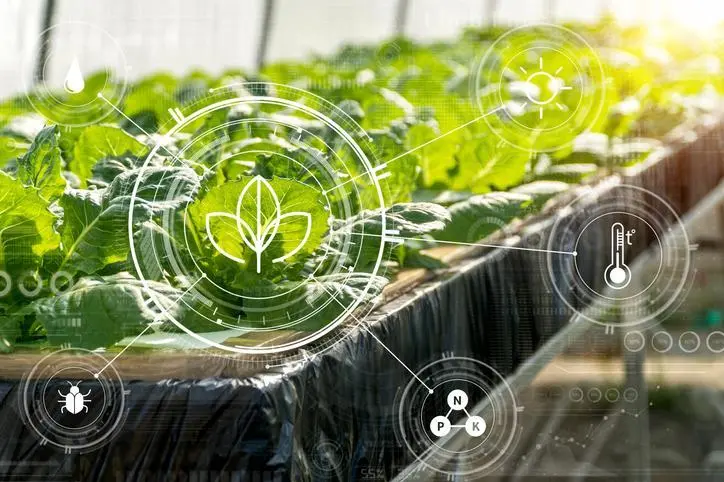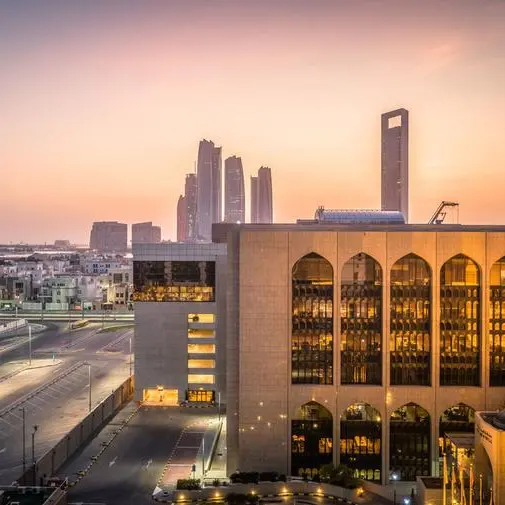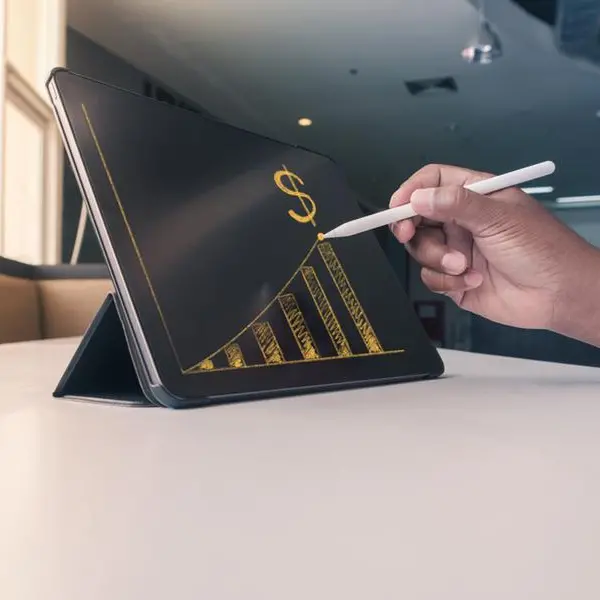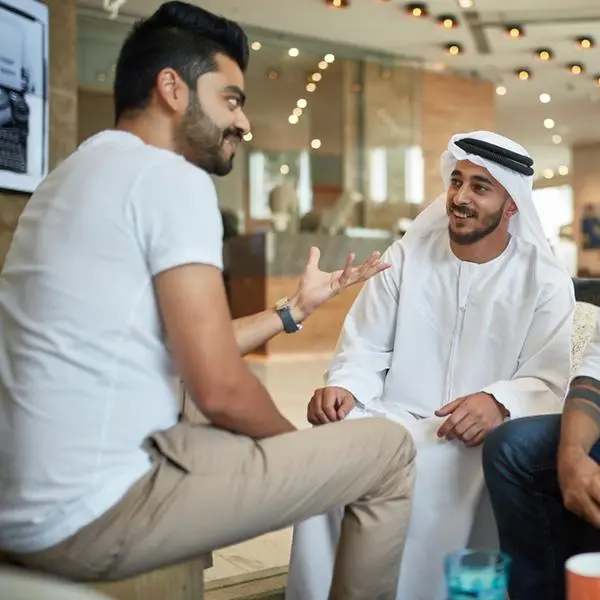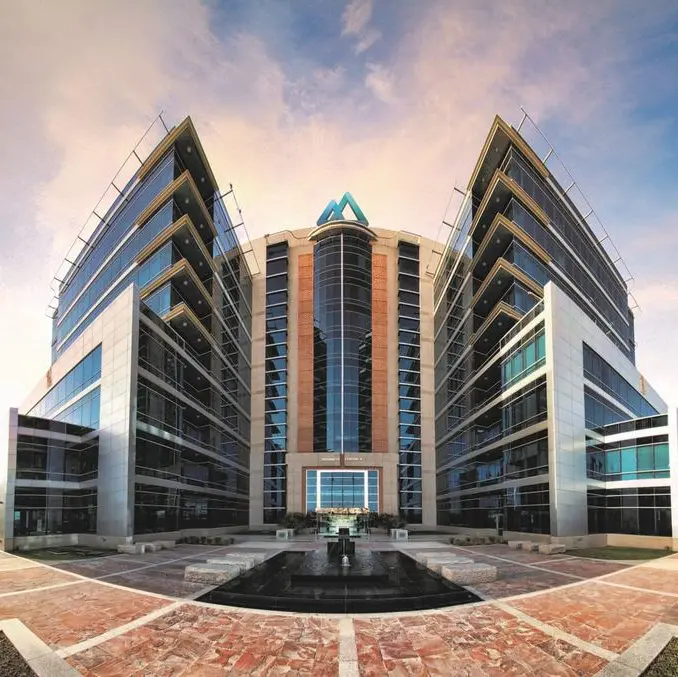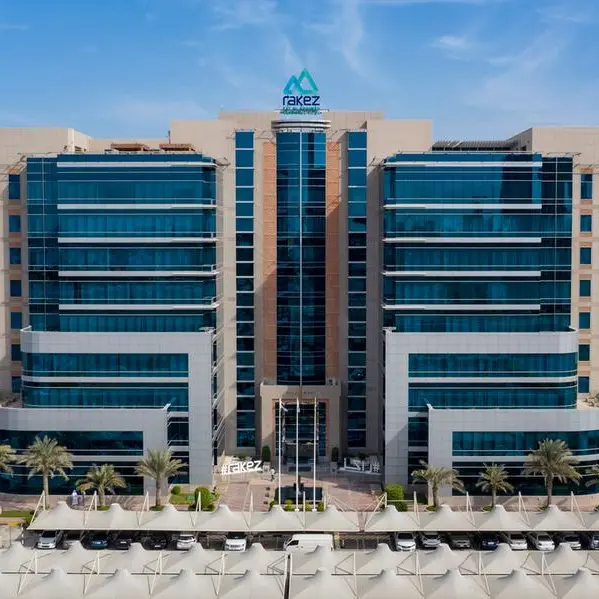PHOTO
DUBAI - A selection of 30 innovative agritech and foodtech start-ups from around the world, working to address food security challenges, were today named as shortlisted teams vying to win the global FoodTech Challenge that has a pooled prize of US$2 million.
The second edition of the FoodTech Challenge seeks to find the next wave of technology innovations on the cusp of transforming traditional agriculture practices efficiently and sustainably. Officially launched at Expo City in Dubai in March 2022, the competition is organised by the UAE Ministry of Climate Change and Environment and Tamkeen, with ASPIRE as the lead partner.
The shortlisted start-ups have been selected from 667 submissions across 79 countries, representing a 52 percent increase in entries compared to the first edition of the competition, which saw 437 applications from 68 countries, with previous winners announced from Australia, Saudi Arabia, the UAE, and the UK.
Of the shortlisted start-ups, 50 percent of proposals were focused on tackling food production – with a heavy focus on insect farming and aquaculture, farm management, plant-based solutions, and precision farming. Applications addressing food loss and waste solutions account for the other 50 percent of the shortlisted start-ups, which featured food waste tech, food sharing platforms, supply chain monitoring, and traceability as key themes.
Silal and ADQ have supported the food production track of the competition with their industry expertise, and Emirates Foundation has supported the food loss and waste track, which aligns with Ne’ma, the national food loss and waste initiative that aims to promote positive consumer behavior to preserve and sustain food resources for future generations and contribute to the UAE’s commitment to eradicate 50 percent of food waste by 2030 in line with Target 12.3 of the UN’s Sustainable Development Goal 12: Responsible Consumption and Production.
Underscoring the global nature of the competition, the 30 shortlisted candidates are from a diverse range of countries. This year, the largest number of shortlisted start-ups came from the UK, the UAE, Israel, Spain, USA, and Singapore. The FoodTech Challenge also saw an encouraging increase in youth participation, with 47 percent of the teams being between 18-35 years old.
The shortlisted candidates were selected by a strong multi-sector bench of 28 technical and commercial judges. In the next phase of the competition, they will be assessed by the competition’s partners in panel interviews, and then by nine finale judges to ensure that each entry is rigorously analysed from an array of perspectives. The list of finale judges includes Mariam bint Mohammed Almheiri, Minister of Climate Change and the Environment and Co-Chair of the FoodTech Challenge; Rima Al Mokarrab, Chair of Tamkeen and Co-Chair of the FoodTech Challenge; HRH Prince Khaled bin Alwaleed bin Talal Al Saud, Founder and CEO of KBW Ventures; Faisal Al Bannai, Secretary-General of Advanced Technology Research Council (ATRC); Badr Al Olama, Acting CEO of Hub 71; Dr. Agnes Kalibata, President of Alliance for a Green Revolution in Africa (AGRA); David Rosenberg, CEO and Co-Founder of AeroFarms; Dr. Uma Valeti, CEO of UPSIDE Foods; and Danielle Nierenberg, President of Food Tank.
Salmeen Al Ameri, CEO of Silal, one of the agricultural entities involved in the judging process, said, "This competition provides an ideal platform where innovative agritech start-ups come together to develop effective solutions that help us build a robust agriculture system for future generations. We are proud to be part of this far-reaching competition and support the challenge's food production track. We will continue to work closely with our partners, invest in the latest agritech solutions, and look forward to working more closely with the successful teams."
Khuloud Al Nuwais, Chief Sustainability Officer, Emirates Foundation, a technical judge for the FoodTech Challenge, stated, "The shortlisted teams have all demonstrated a passion and dedication for addressing food supply chain issues and increasing food security. It will be interesting to see these concepts progress as they move from lab to market both in the UAE and beyond."
The next stage of the competition will identify 10 finalists. From these finalists, four winning teams will be selected to take away prizes from a US$2m prize pool, which includes up to US$400,000 in cash, and eligibility for support programmes available through the competition’s enablement partners that include acceleration support from newest entity Hub71 – valued up to US$540,000, an acceleration from Catalyst valued up to US$760,000, as well as grants from the Authority of Social Contribution valued up to US$500,000 for social impact-related projects. The winners will not only receive financial rewards, but the partners will also collectively provide a critical community and support network to help the winners to set up in the UAE and scale up their concepts. Abu Dhabi Global Market and Abu Dhabi Residents Office, for example, will provide support for UAE commercial registration with ‘Golden Visas’. The Competitiveness Office of Abu Dhabi will provide technical, legal, and financial support for patent registration, and the Khalifa Fund for Enterprise Development will help with mentorship and go-to-market support for local agri-tech experts.
